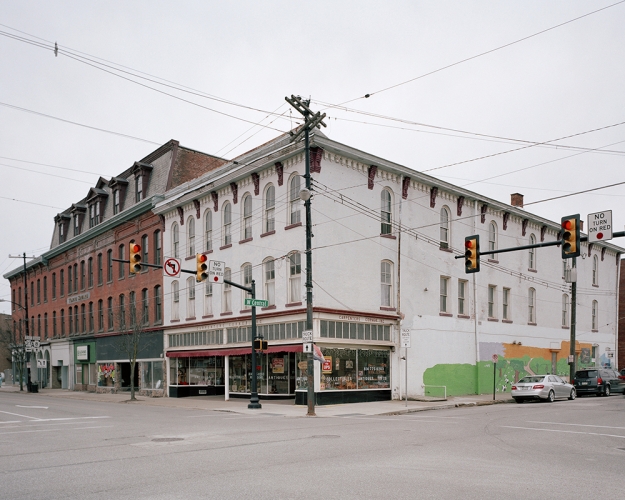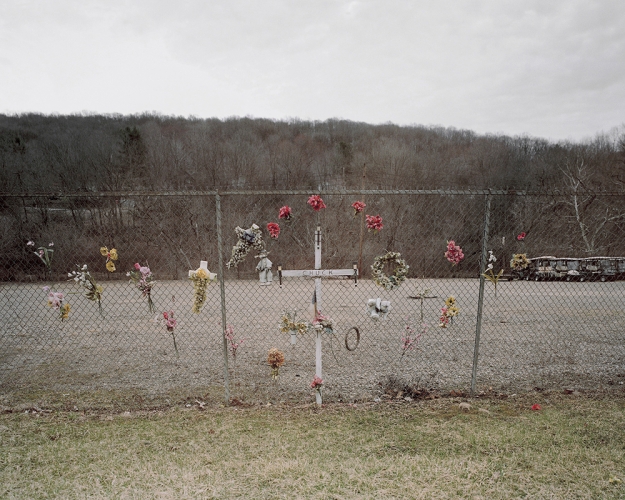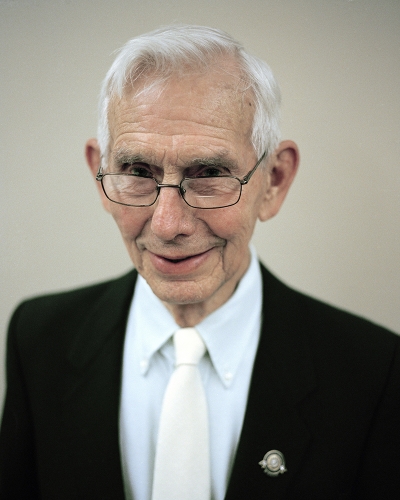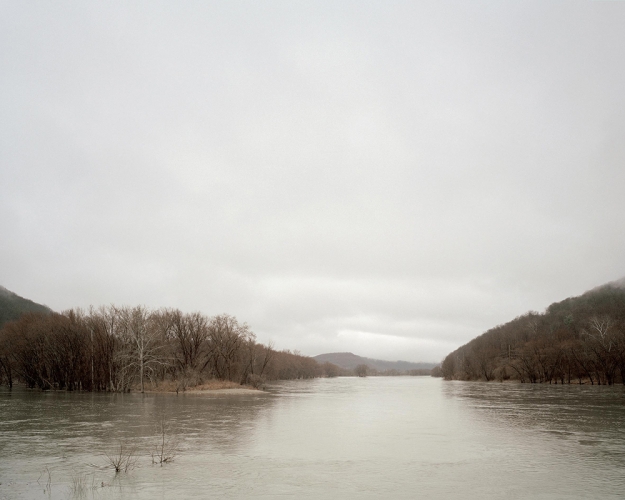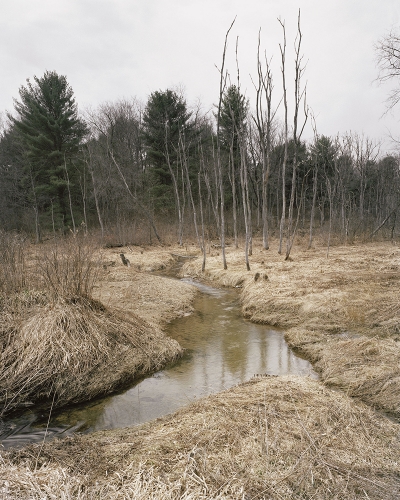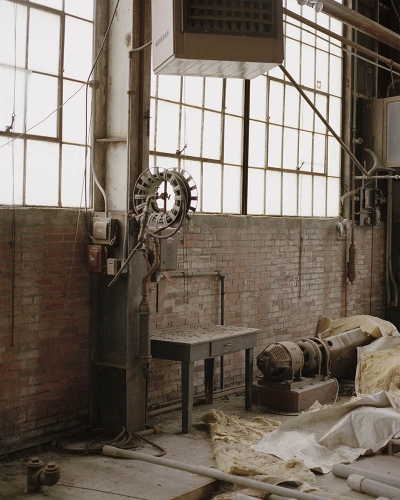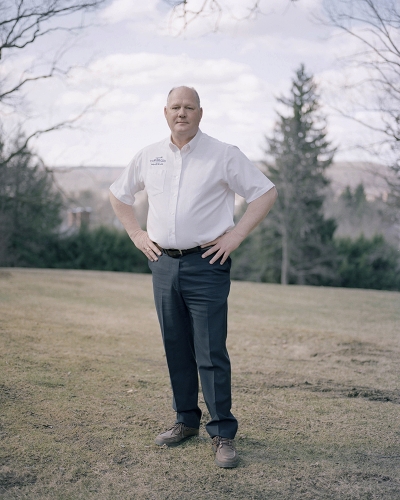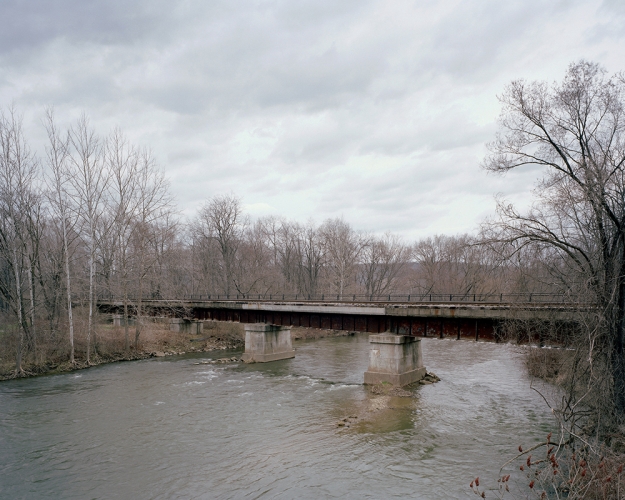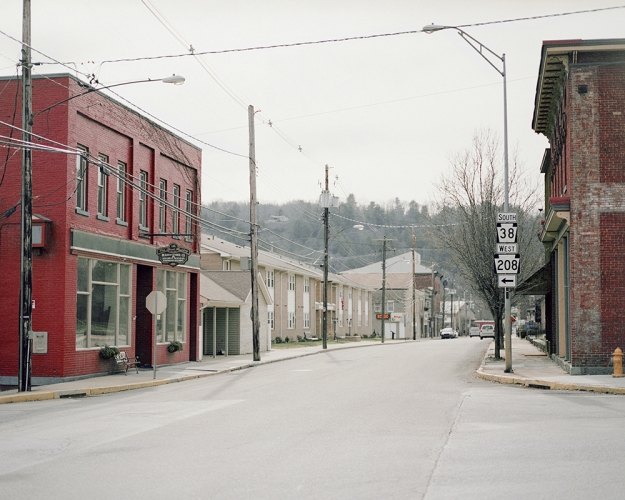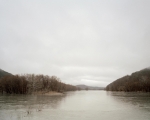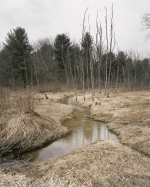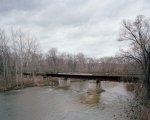Dan Mariner is a British photographer based in London, England.
He studied Documentary Photography at the Magnum affiliated Newport University in South Wales. His personal work focuses on social and environmental issues prevalent in today’s society.
He is particularly intrigued by how modern infrastructure coexists with the natural world. Dan is currently working as a freelance photographer, splitting his time between working on commissioned work and developing his documentary practice.
As glaciers cut through northern Pennsylvania, something remarkable was happening beneath the ground. Over millions of years a fermentation had taken place due to the combined effects of extreme heat and pressure upon layers of organic matter. In time a thick dark liquid, later to be known as crude oil, evolved. This and its by-product, natural gas, would soon become human civilization’s most valuable commodity.
In the early 1800’s, after the emergence of stories of a black liquid seeping from the ground, the then fledgling Seneca Oil Company sent Colonel Edwin Drake, a retired railroad worker from New York, in search of this elusive substance. Selected only because he had a free rail pass and plenty of time on his hands, Drake was tasked with securing a reliable method of rock oil extraction in the hope it could be used for lamp oil. Little did he know, a long, difficult and frustrating search lay ahead of him. Obstacle after obstacle thwarted Drake’s attempts, including collapsed drilling wells, impenetrable bedrock and abandonment by the very company who sent him in the first place.
As painfully slow and seemingly unproductive progress was being made, many of the local residents would gather to mock and jeer at the operation, dubbing it “Drake’s Follyâ€. However, Drake kept faith and a short while later, on the 27th of August 1859 in Titusville, Pennsylvania and at a depth of 69.5 feet, Drake’s drill made a discovery that would change the planet forever. Unbeknown to him, Drake had made a discovery that would not only illuminate people’s homes but also radically transform the evolution of human civilisation.
As news quickly spread of this lucrative new market, Titusville experienced a boom as seen only during the early gold rush days in the West. In the space of a few years, the population swelled from a few hundred to over 8,000 people. Scores of early entrepreneurs swarmed into Titusville and the surrounding townships in the hope of making their fortune. At its peak, the Pennsylvanian oil industry supplied well over half of the world’s oil supply before the discovery of vast oil reserves in Texas.
Today, it is particularly striking that the valleys and forests, once stripped bare and exploited by the industry, have now been reclaimed by nature. The area is teeming with wildlife. Flora and fauna are slowly erasing the remnants of pipelines, rusted machinery and abandoned mine shafts. This is a true testament to the incredible regenerative power of nature and its ability to heal itself over time. Retracing the steps of the early oil industry, it is hard to imagine the massive feat of human endeavor that took place over 150 years ago.

